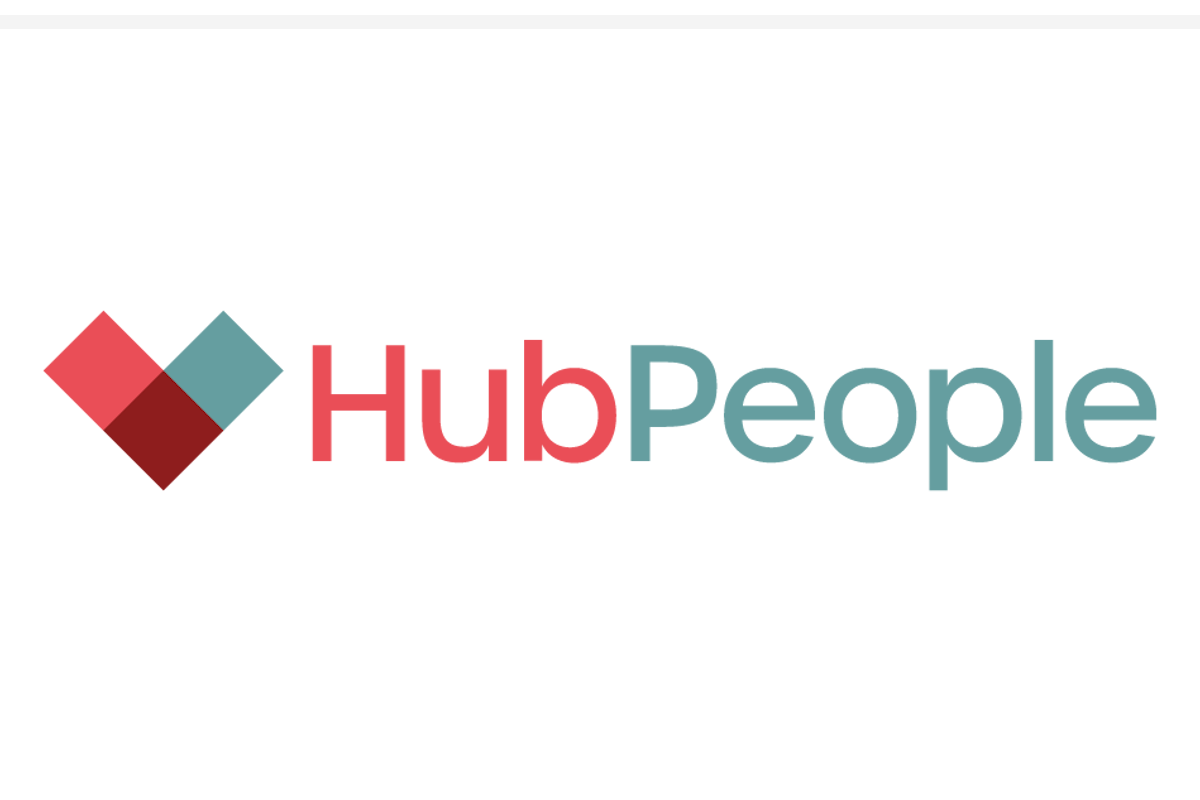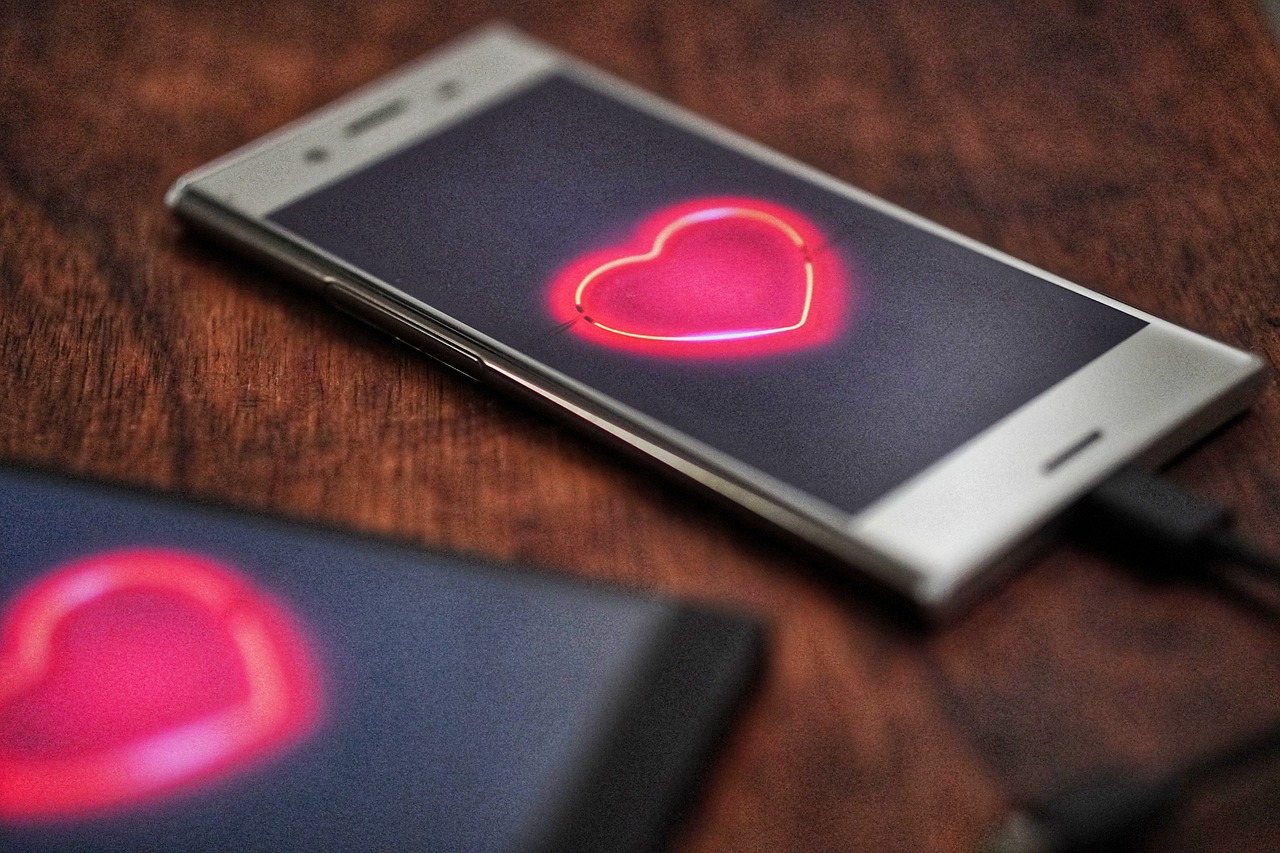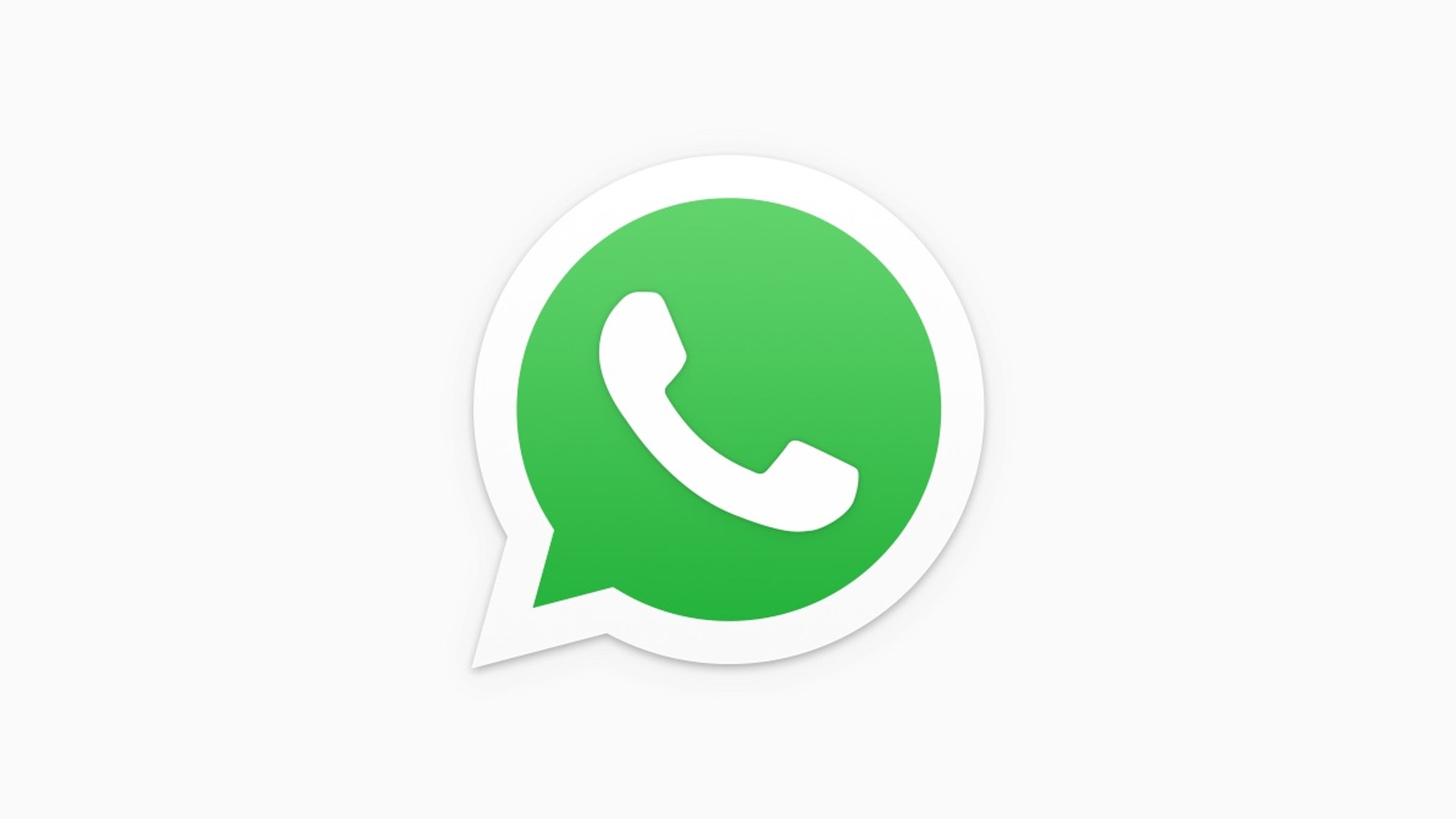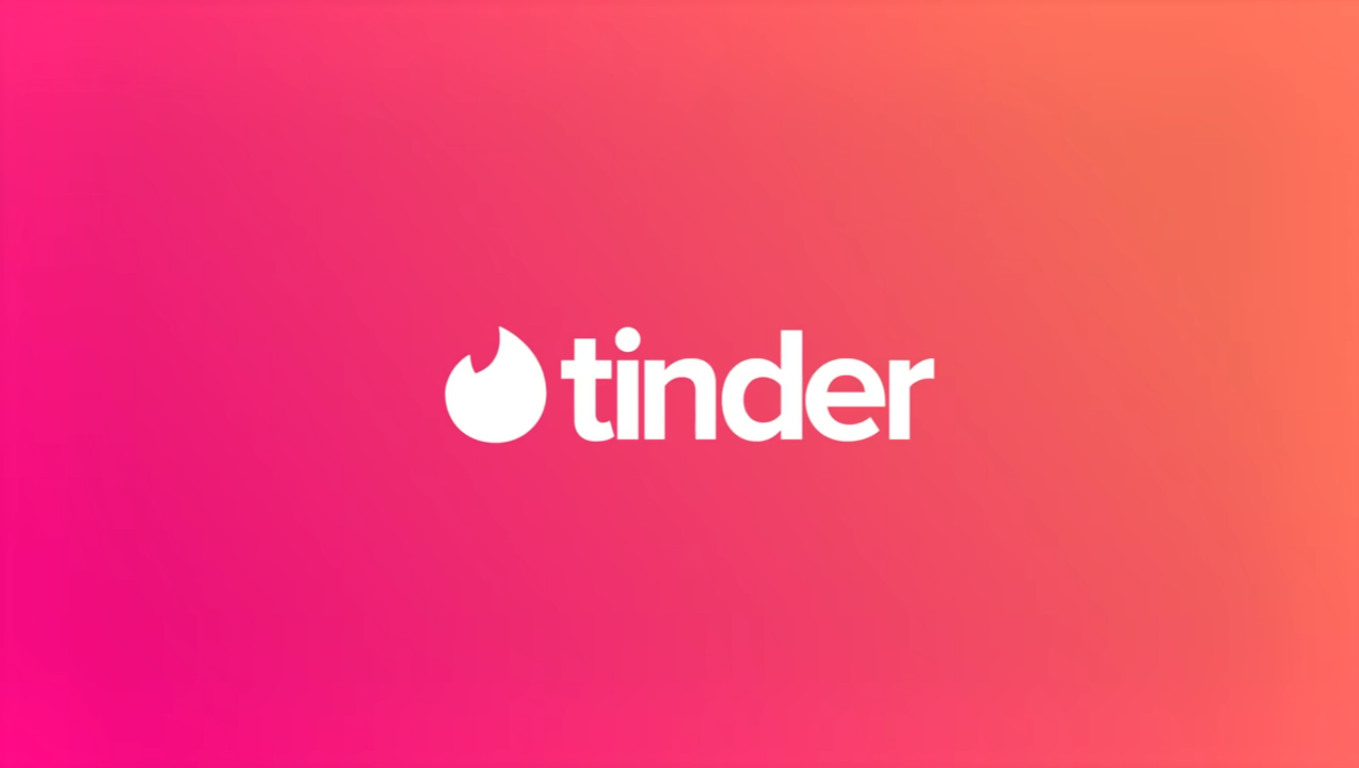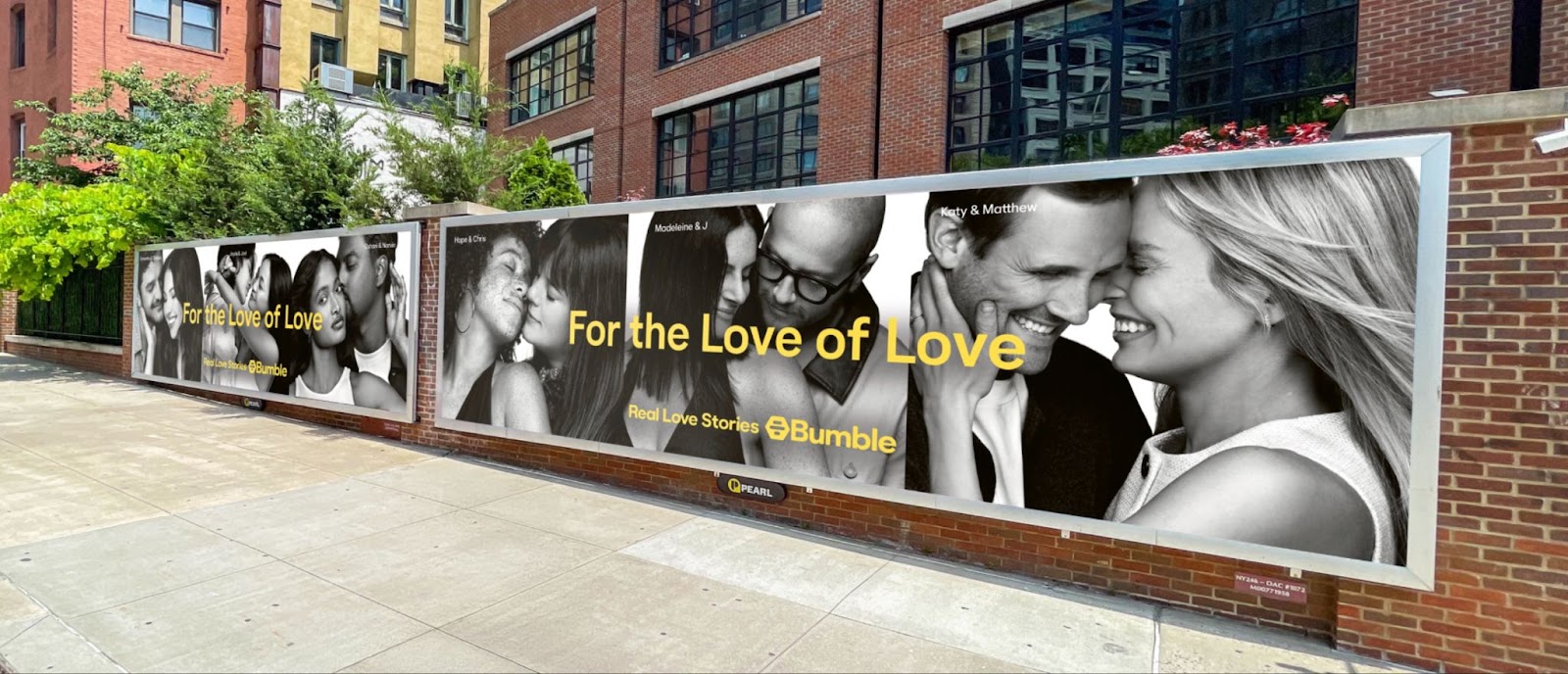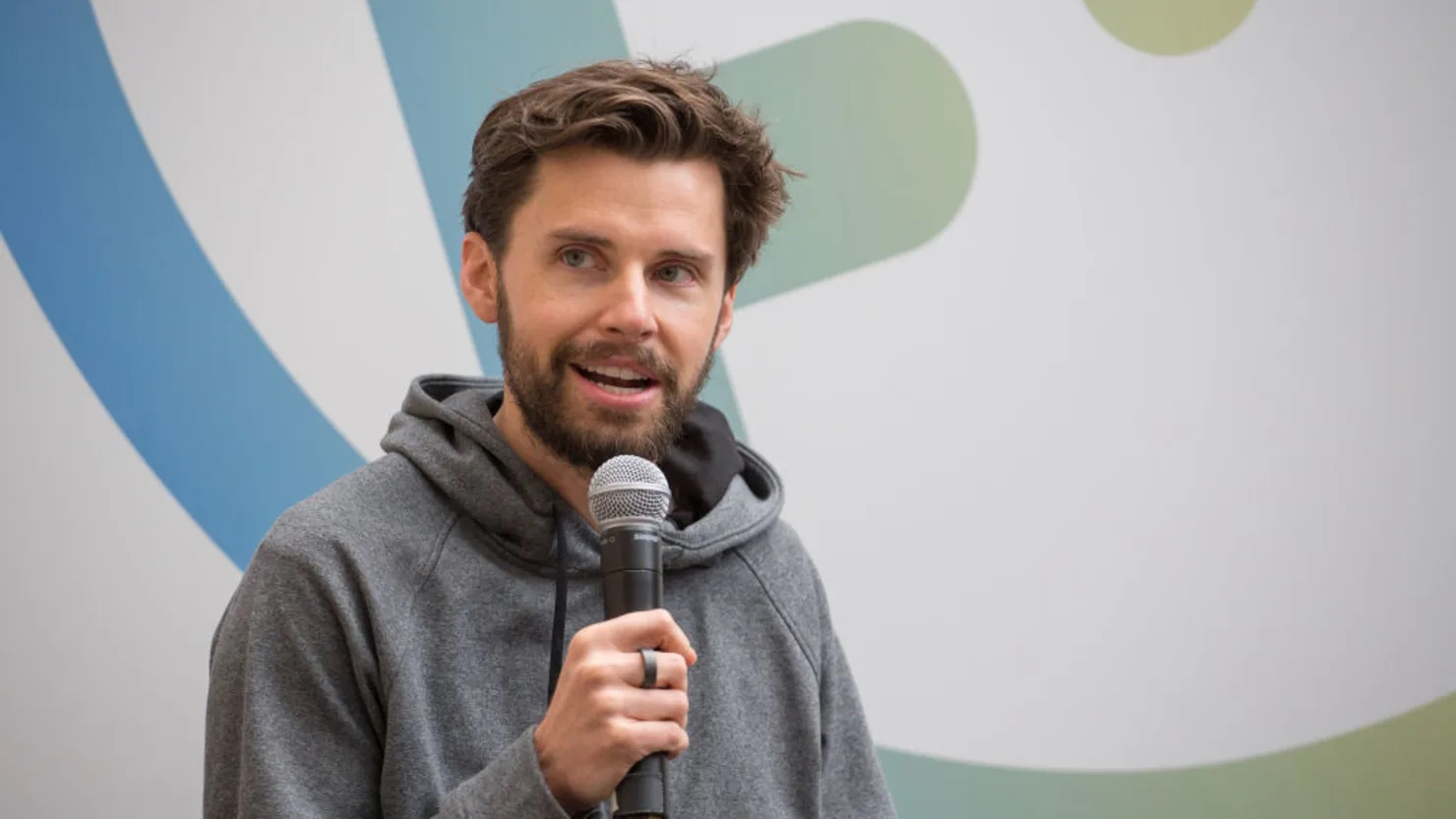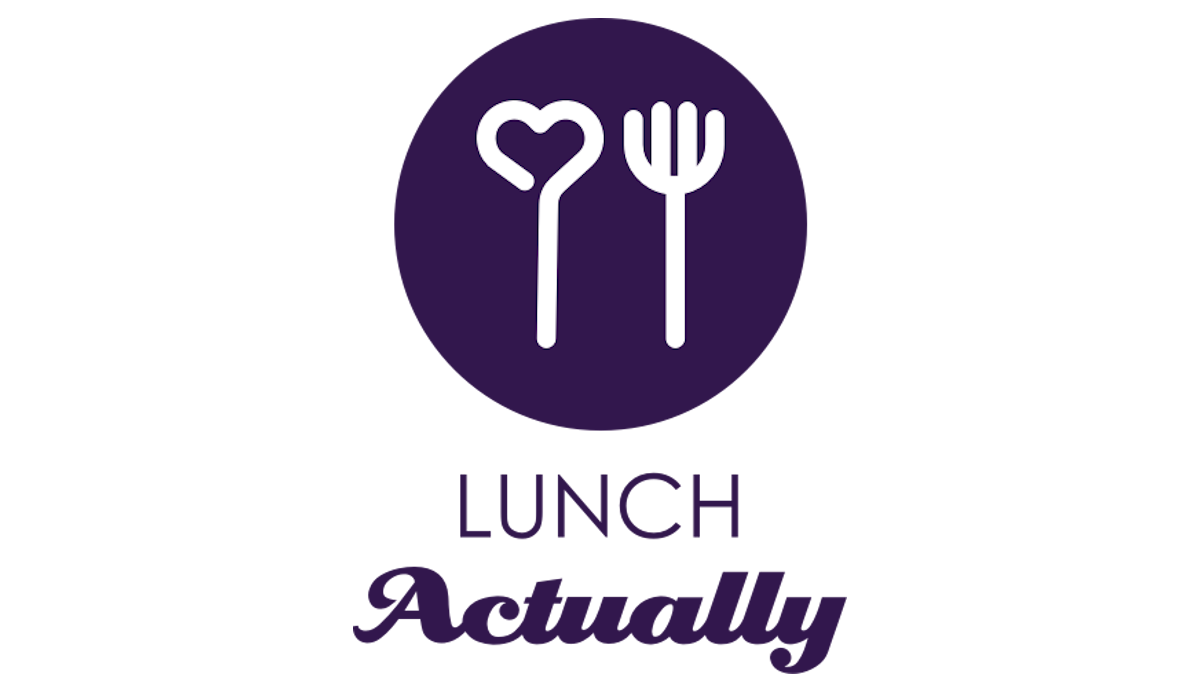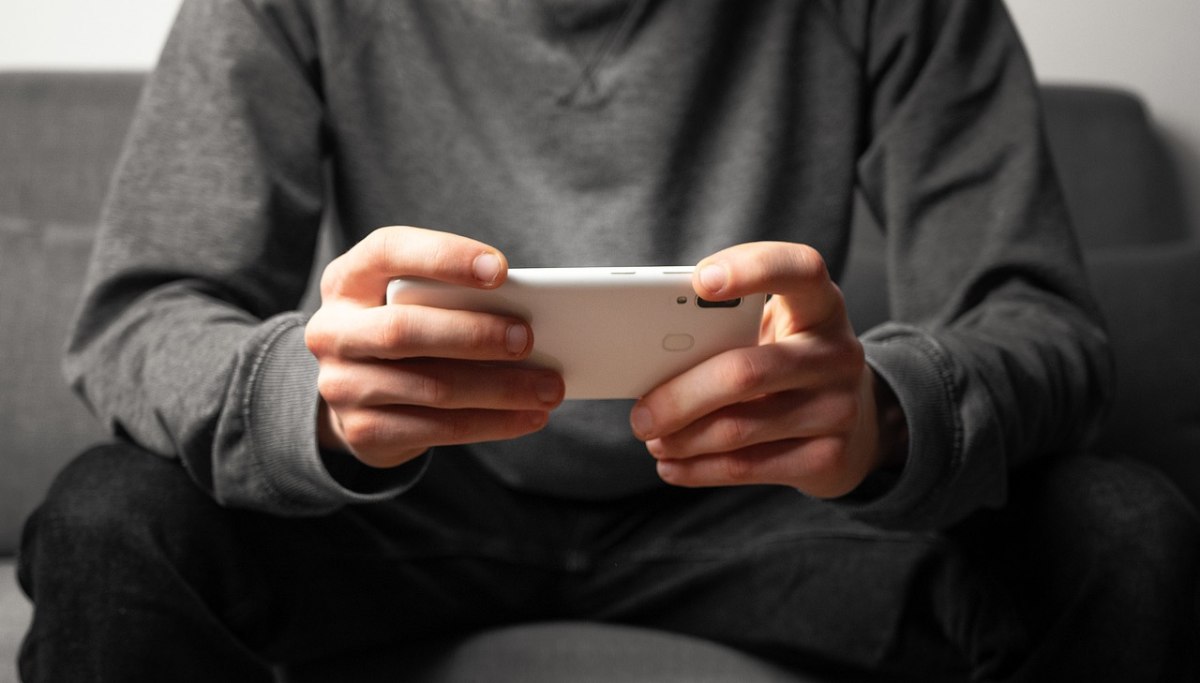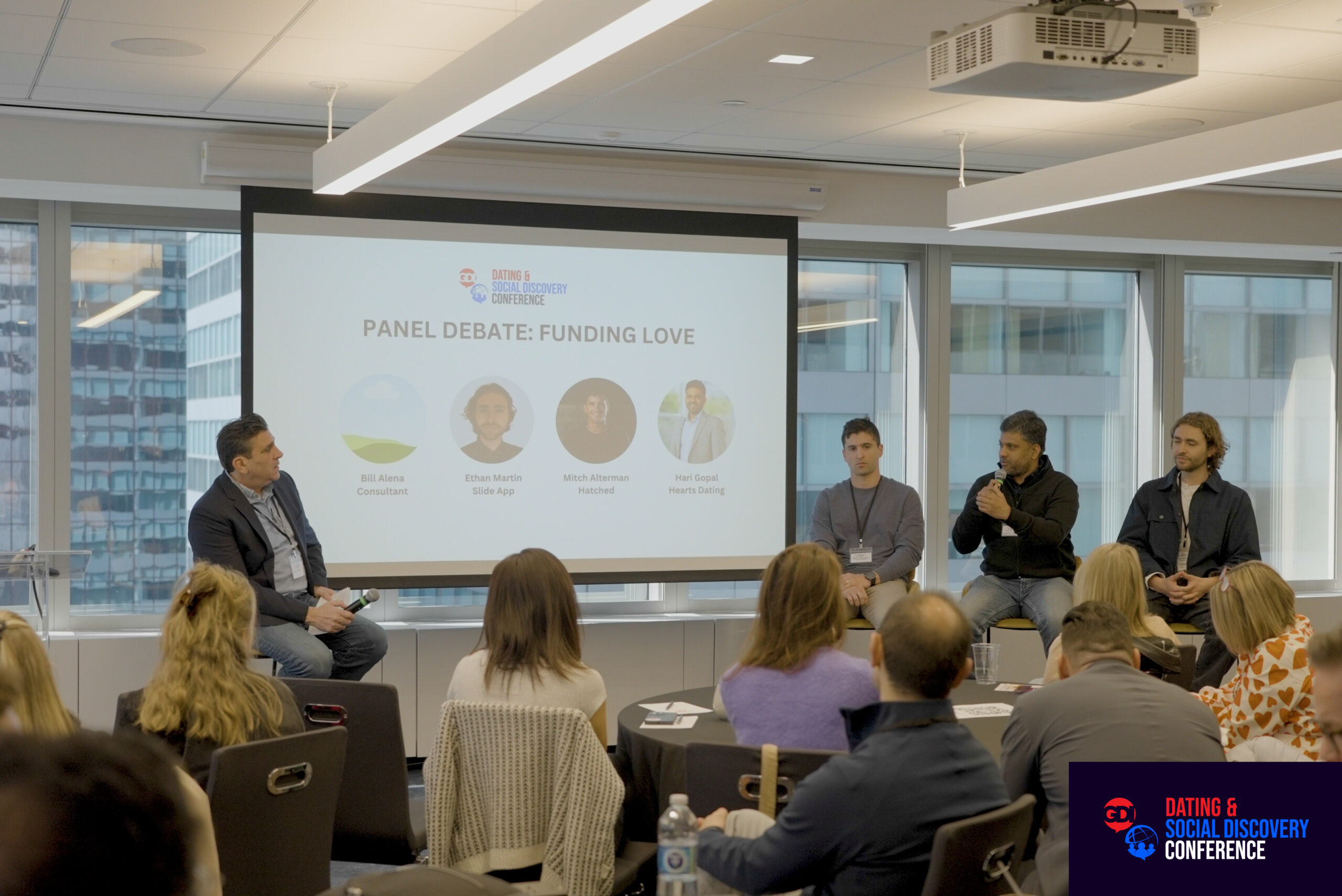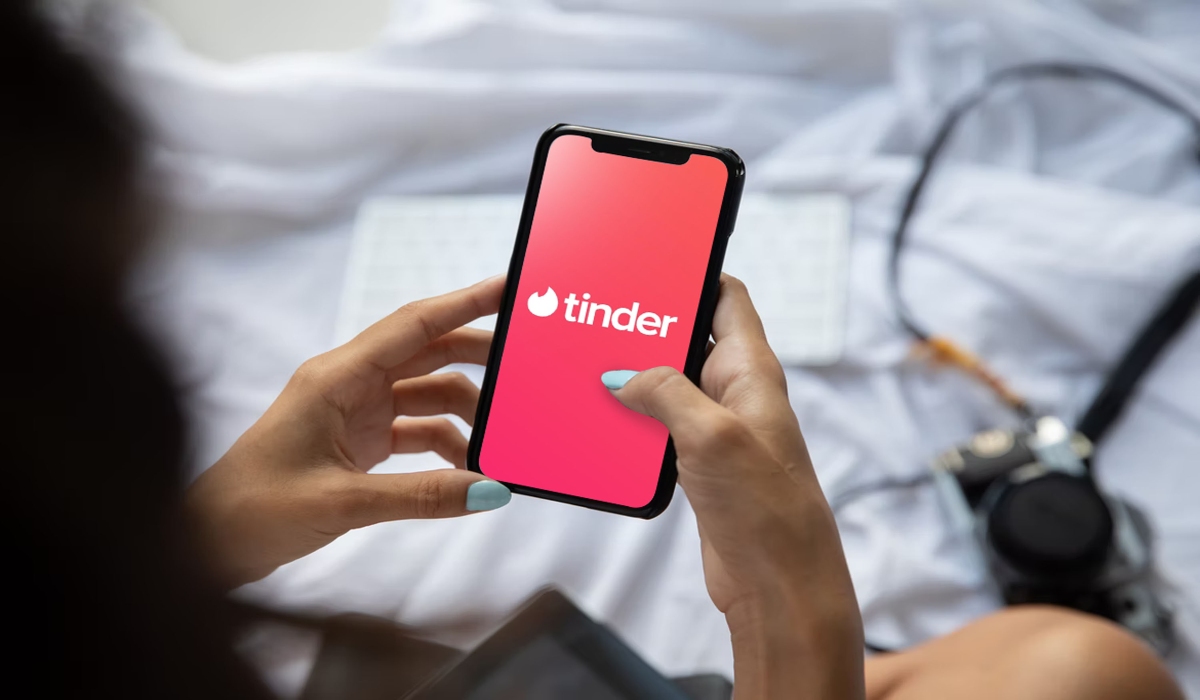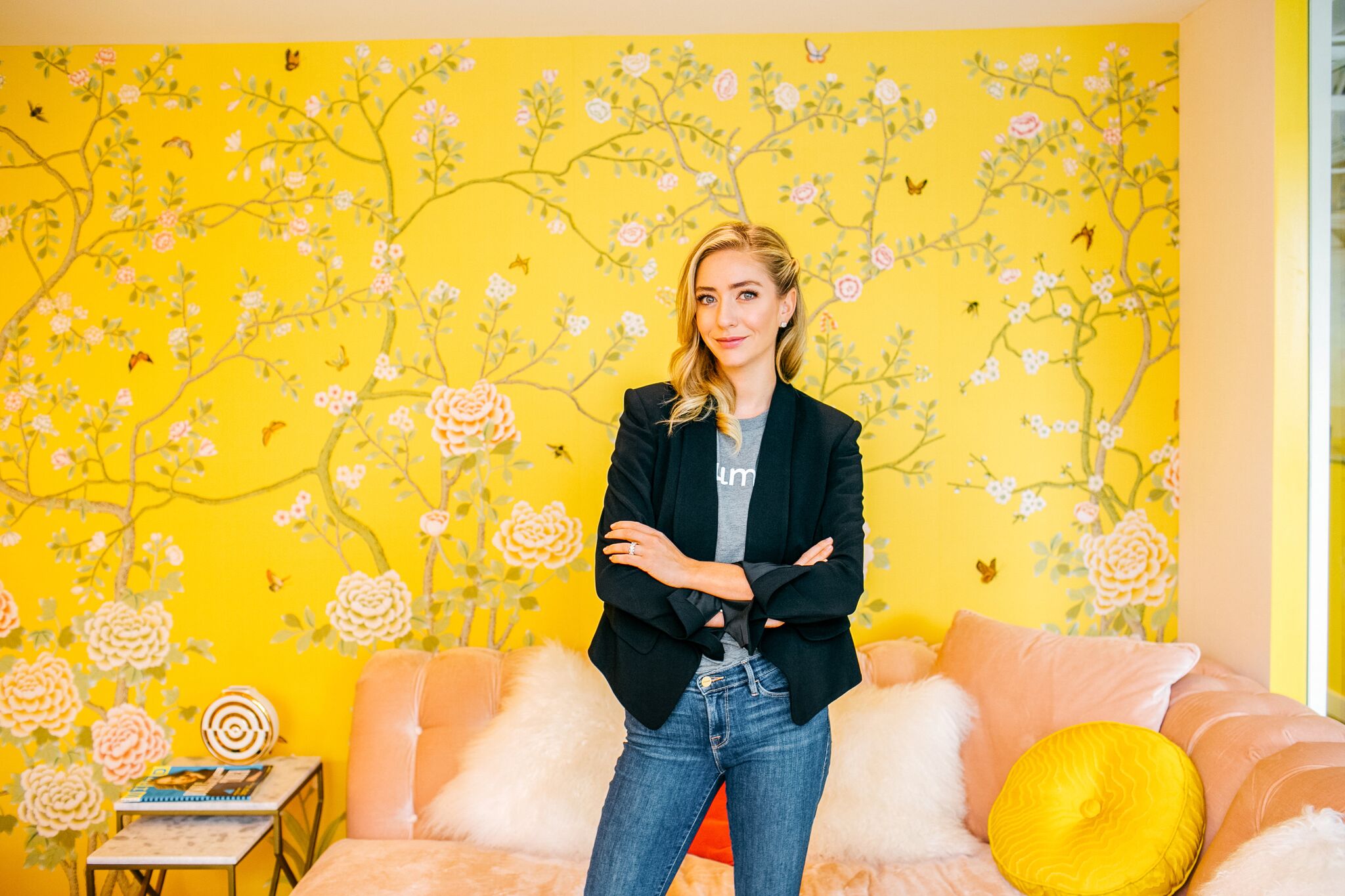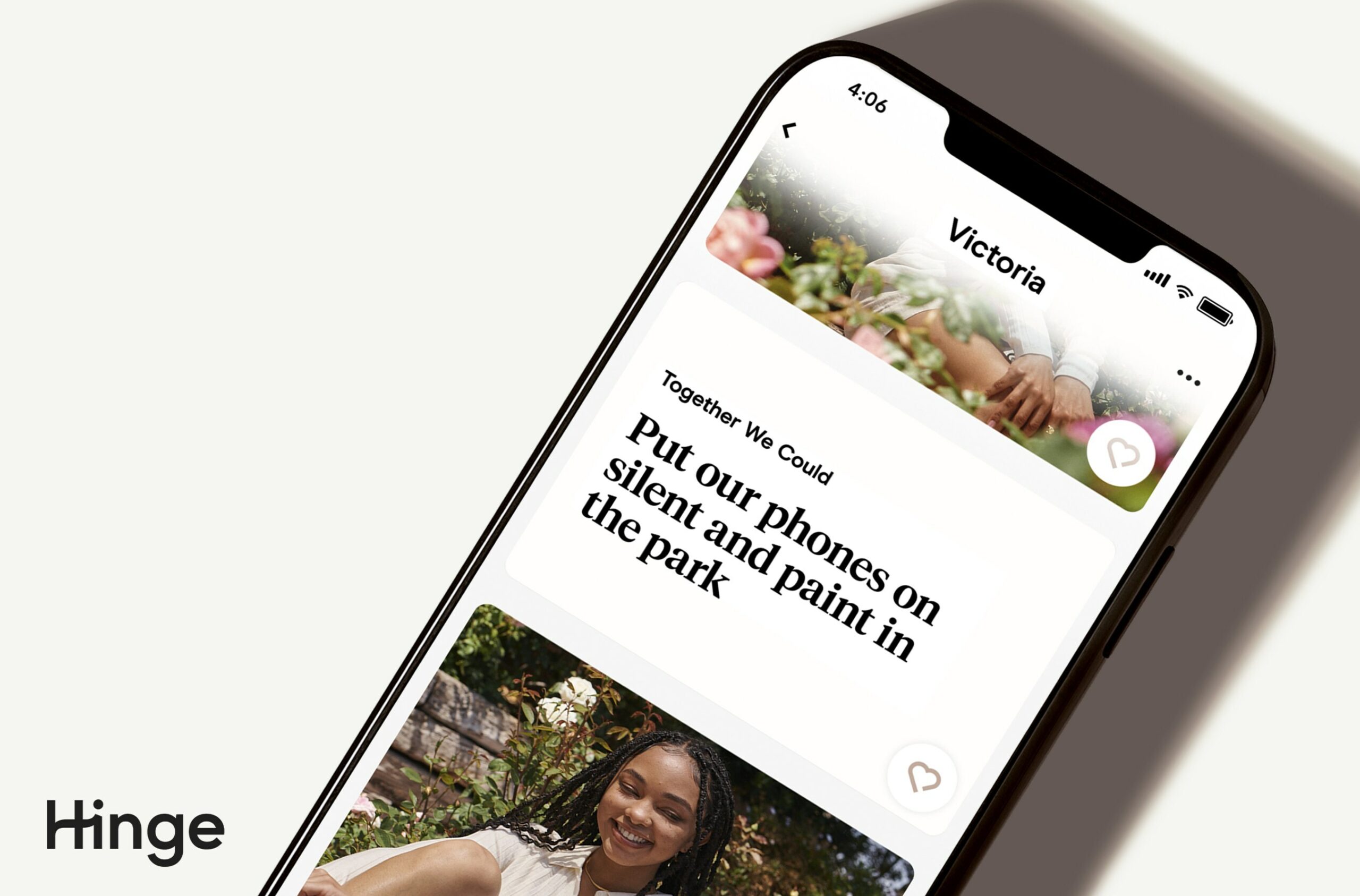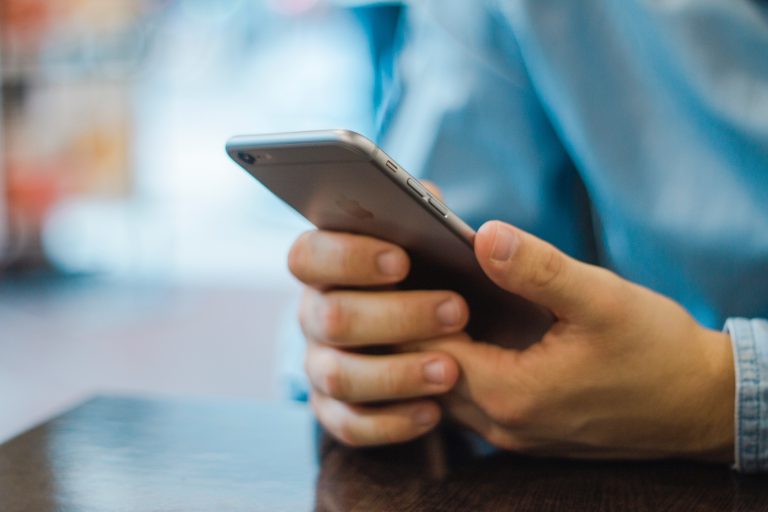A new term is making the rounds in dating discourse – floodlighting – and experts say it’s a growing concern among Gen Z daters. The trend, which has recently gained traction on social media, describes a pattern of sharing deeply personal or emotionally intense information very early in a romantic connection. The phenomenon has parallels with digital oversharing, a similar habit of overloading people with personal information early into a relationship or friendship.
Relationship psychologist Jessica Alderson, co-founder of the dating app So Synced, says the behavior is characterized by using “vulnerability as a high-intensity spotlight.” Rather than developing trust gradually, someone who floodlights might quickly disclose traumatic or intimate details to test the other person’s response, accelerate closeness, or gauge whether they’re emotionally “safe.”
While it might appear as a sign of openness or authenticity, Alderson notes that it often creates a one-sided emotional dynamic. One partner becomes the confidant, while the other is pushed into a caretaker role before any genuine foundation has been built. “By sharing too much too quickly, you may be putting yourself at risk of being exploited or taken advantage of by someone who may not have your best interests at heart,” she warns.
Common signs of floodlighting include early conversations heavily focused on personal trauma, emotionally intense storytelling, and close monitoring of how the other person reacts. Experts link the behavior to underlying insecurity and fear of future rejection – attempting to control the outcome of a relationship by exposing vulnerability upfront, both to frontload the relationship (so that rejection happens earlier) and to potentially guilt the other party into taking it more seriously.

